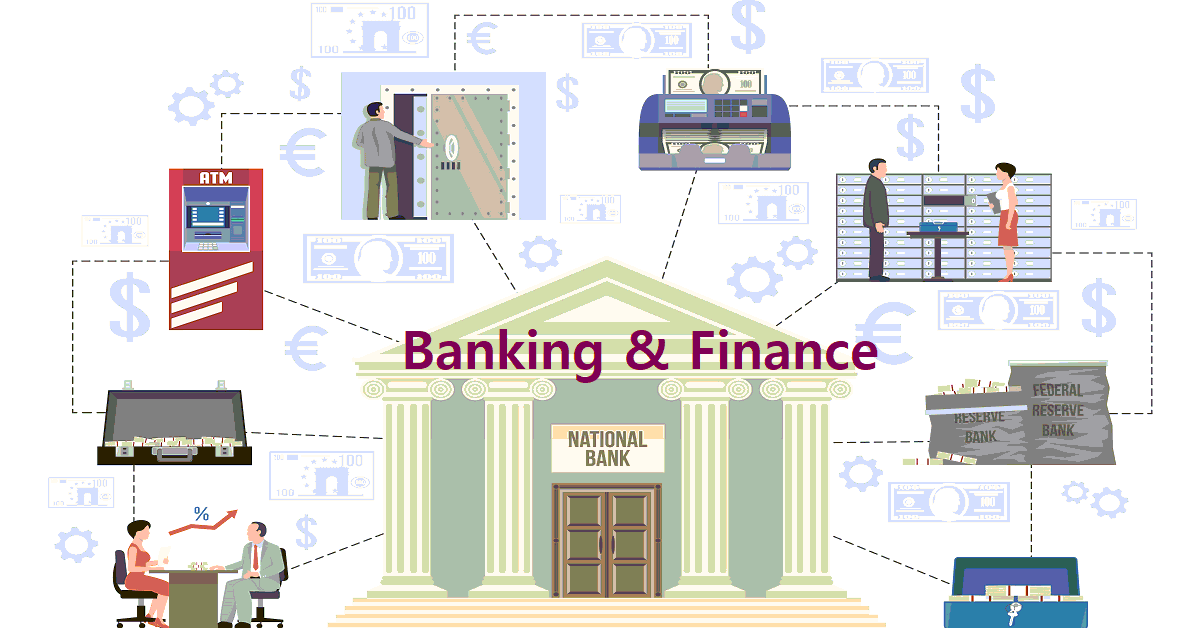
How Work Life in the Banking Sector Shapes Careers
The banking sector, a cornerstone of the global economy, offers a plethora of opportunities for professionals aiming to carve a niche in the finance industry. This comprehensive guide delves into the intricacies of careers in banking, shedding light on daily work routines, stress management strategies, career progression trends, and the digital transformation's impact on job roles. Our goal is to equip aspiring finance professionals, current bank employees, and industry analysts with invaluable insights for informed career planning and development.
Introduction to Banking Careers
Careers in banking are known for their dynamic nature, offering roles that range from customer service and financial advising to investment banking and risk management. The finance sector demands a high level of dedication, analytical skills, and the ability to navigate a fast-paced work environment. Understanding the demands and rewards of these careers is crucial for anyone looking to enter or advance in this field.
Daily Work Routines and Expectations
A typical day for a bank employee involves a blend of customer interactions, transaction management, compliance adherence, and strategic planning. Professionals in the banking sector must possess excellent communication skills, a keen eye for detail, and a solid understanding of financial regulations. The advent of digital banking has also necessitated a proficiency in technology, as digital transactions and online customer service become increasingly prevalent.
Work-Life Balance and Stress Management
Maintaining a healthy work-life balance in the banking sector can be challenging, given the demanding hours and the stress associated with financial responsibilities. Professionals often employ time management techniques, stress-relief activities, and support networks to manage their workload and maintain mental well-being. Employers are increasingly recognizing the importance of promoting a balanced lifestyle, offering flexible working arrangements and wellness programs.
Career Progression in the Banking Sector
The path to career advancement in banking is marked by continuous learning and skill development. Employees who demonstrate strong performance, leadership capabilities, and a commitment to professional growth can ascend to higher roles, such as management positions and specialized fields like investment strategy or risk analysis. Networking, mentorship, and industry certifications also play a pivotal role in career progression.
Employee Satisfaction and Retention Strategies
Banks employ various strategies to ensure employee satisfaction and retain top talent, including competitive compensation packages, career development opportunities, and recognition programs. A positive workplace culture that values diversity, inclusion, and employee feedback contributes to higher job satisfaction levels and reduces turnover rates.
Impact of Digital Transformation
The digital transformation is reshaping job roles in the banking sector, with a growing emphasis on digital literacy and data analytics skills. Automation and artificial intelligence are streamlining operations, while digital platforms are expanding the reach of financial services. Professionals must adapt to these changes by acquiring new skills and embracing innovative ways of working.
The Future of Banking Careers
As the banking sector evolves, professionals will encounter new challenges and opportunities. The rise of fintech companies and the shift towards sustainable finance are creating new career paths. Staying abreast of industry trends, regulatory changes, and technological advancements is essential for success in this dynamic landscape.
Preparing for a Career in Banking
Aspiring finance professionals should focus on building a strong foundation in economics, finance, and mathematics, complemented by soft skills such as communication, problem-solving, and adaptability. Internships and entry-level positions offer valuable hands-on experience, providing insights into the banking sector's work life and helping individuals determine their career interests.
Conclusion
A career in the banking sector is not only rewarding but also offers a unique platform for personal and professional development. By understanding the demands, opportunities, and evolving landscape of this industry, individuals can navigate their careers with confidence. Whether you are just starting out or looking to advance in the banking world, embracing continuous learning and adapting to change are key to achieving long-term success.
This guide has explored the multifaceted nature of banking careers, from the daily routines and challenges to the opportunities presented by digital transformation. With a commitment to excellence, a proactive approach to career development, and a willingness to embrace the future of finance, professionals in the banking sector can look forward to a fulfilling and prosperous career path.
Banking Career Career Options Banking and Finance

